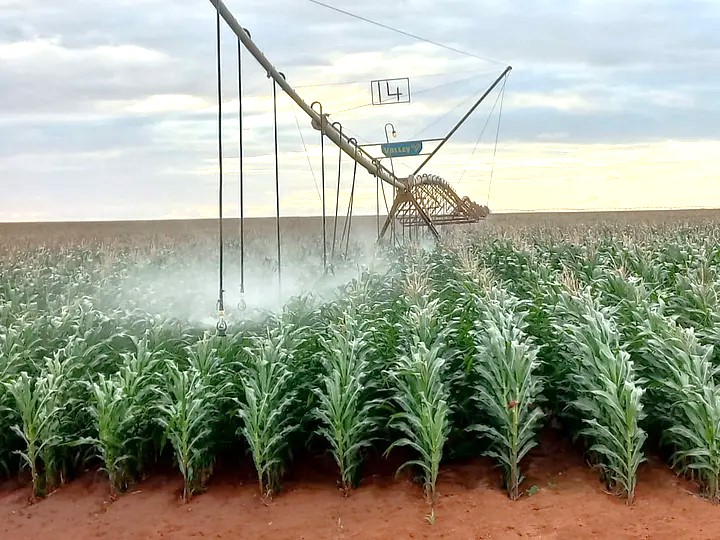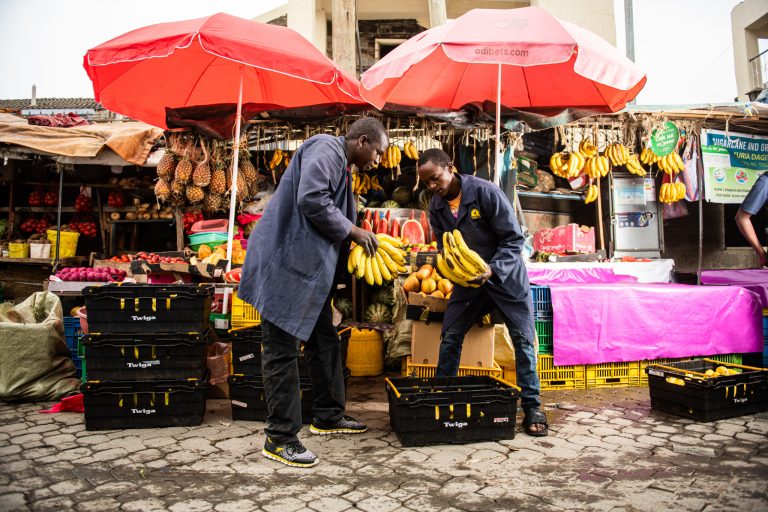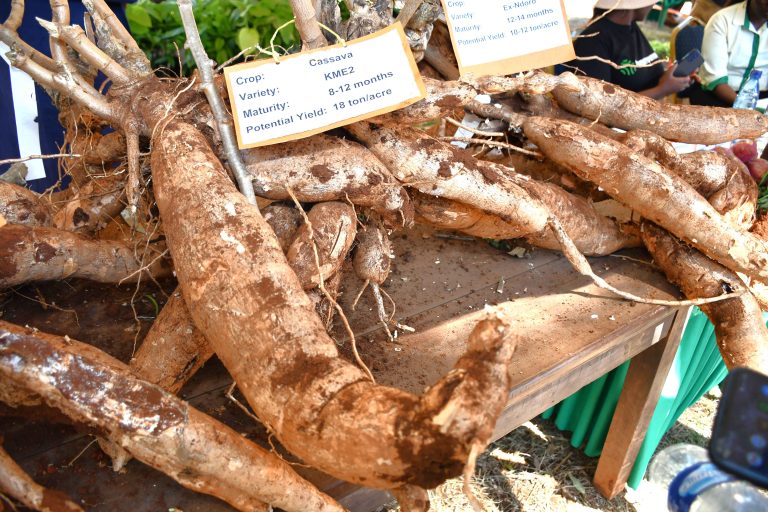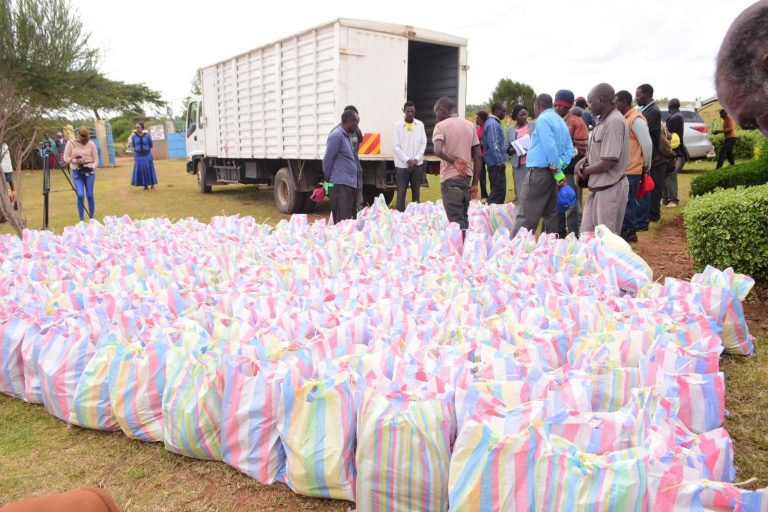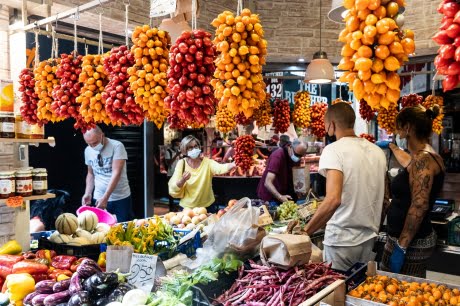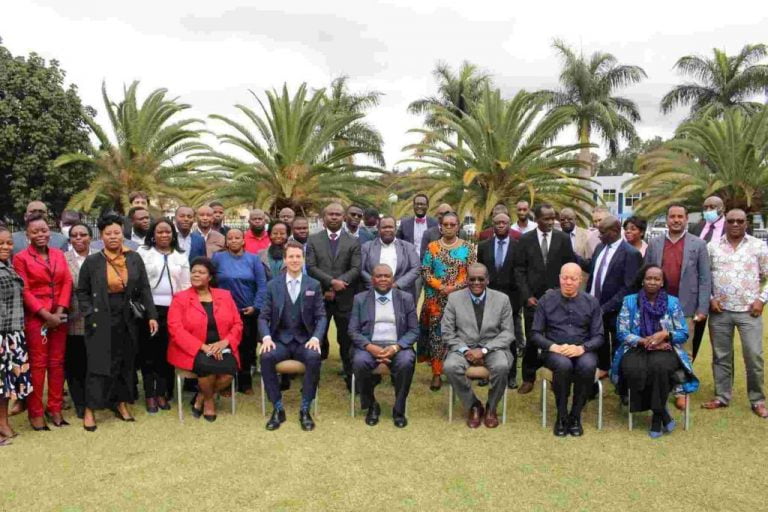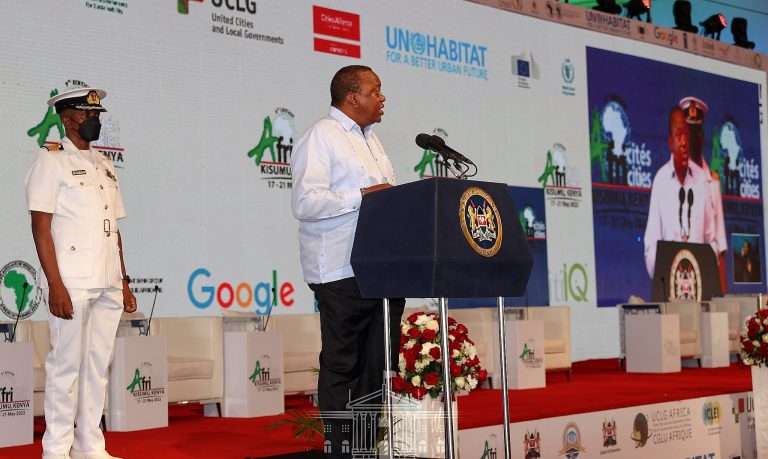Organic agriculture is the best approach to achieve food and nutrition security as research in Kenya and elsewhere has shown that indiscreet usage of fertilizers and pesticides, can harm the environment and human health according to the Principal Secretary State Department for Crop Development and Agricultural Research Prof Hamadi Boga.
“The International Federation of Organic Agricultural Movements (IFOAM), defines Organic Agriculture as “a whole system approach based upon sustainable ecosystems, safe food, good nutrition, animal welfare and social justice”. Certified Organic Agriculture is considered as a defined and regulated system of agricultural production that seeks to promote and enhance ecosystem health while minimizing adverse effects on natural resources,” says the PS
Prof Boga adds that Organic Agriculture is considered as an environmentally friendly and sustainable form of agricultural production, with special advantages for small-scale farmers in Kenya, particularly women, who provide 75% of the labour force in smallholder agriculture and manage 40% of the farms amidst limited access to improved inputs, extension, marketing facilities and financial services. “It is considered to have good potential for catalyzing economic growth, through rural employment creation and income generation while combating food and nutrition insecurity and ensuring long-term environmental protection,” he adds.
He observes that Organic Agriculture is not a new concept in Kenya but an age-old practice, particularly amongst smallholder farmers, who carry it out by default rather than by design, due to limited access to expensive external inputs
The history of formal Organic Agriculture in Kenya can be traced back to the 1980s. It was first championed by the Kenya Institute of Organic Farming (KIOF), which was established in 1986, and later, perpetuated by farmers, NGOs, faith-based organizations and the private sector. Since then, the organic sector has grown tremendously.
The PS says today, Kenya has an increasingly growing external market share for locally produced certified and non-certified organic products, ranging from fruits, vegetables, beverages (like tea and coffee), to honey, nuts (macadamia and coconut) herbs and spices; and the list is still growing. “I am happy to note that in recent years, my Ministry, in collaboration with Kenya Organic Agriculture Network (KOAN) is making big strides towards developing a national policy on Organic Agriculture,” he opines.
The government, through the Kenya Agricultural and Livestock Research Organization (KALRO) and Kenyatta University, is collaborating in a long-term on-station experiment comparing organic and conventional farming systems. The study which was initiated at KALRO Thika and Chuka by the Research Institute of Organic Farming in Switzerland (FiBL), in collaboration with local and international partners, namely, the International Centre for Insect Physiology & Ecology (ICIPE), Kenyatta University, the Tropical Soil Biology & Fertility Institute (now CIAT-Soils), Kenya KOAN, KIOF and KALRO, which the PS says has shown promise for Organic Agriculture. Preliminary results indicate that organic farming can be used as a climate-smart strategy for adapting to climate change.
The PS was speaking when he launched the ProEcoOrganicAfrica Project in Kenya. It will over the next 31/2 years, carry out extensive on-farm research, to ascertain the productivity and profitability of certified and non-certified organic farming, versus conventional farming in Kenya and Ghana. Results of the study will be applied to inform all stakeholders in the agricultural products value chain, including policy, on the most productive, profitable and resilient farming system for any given agro-ecological environment. The ProEcoOrganicAfrica Project was launched in Ghana in 2013.




